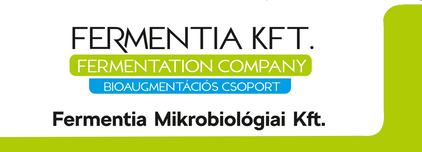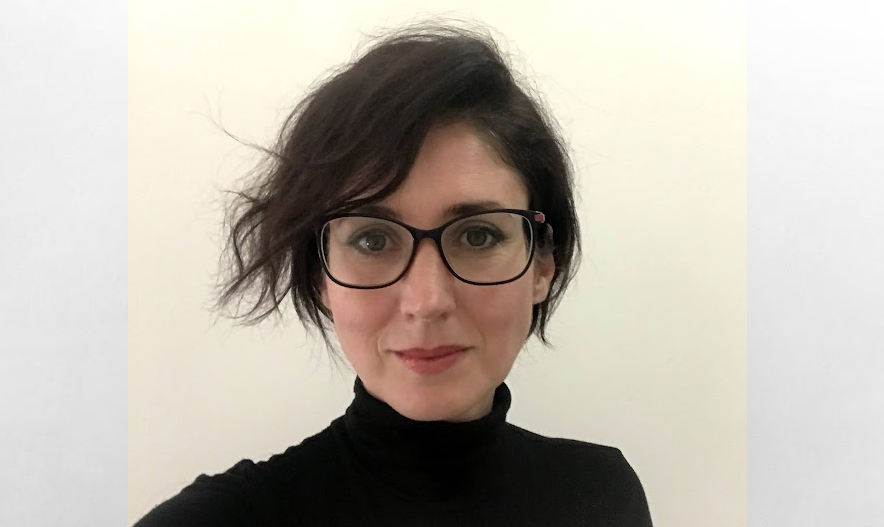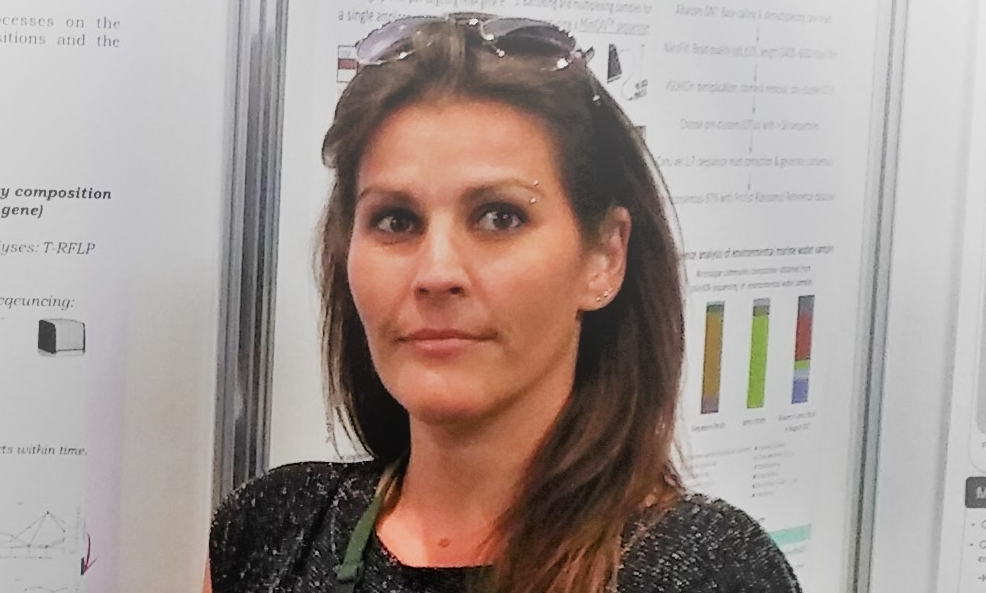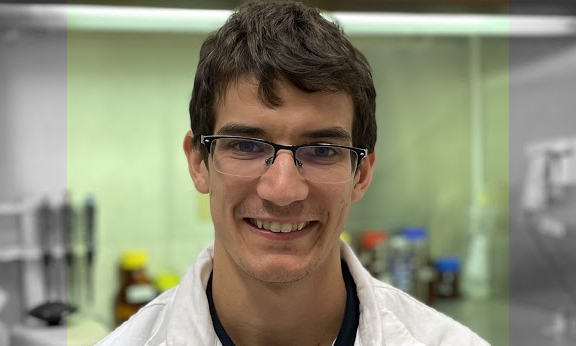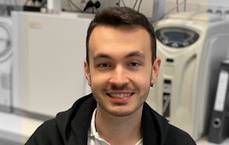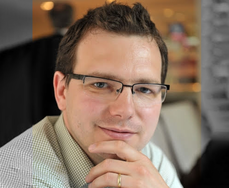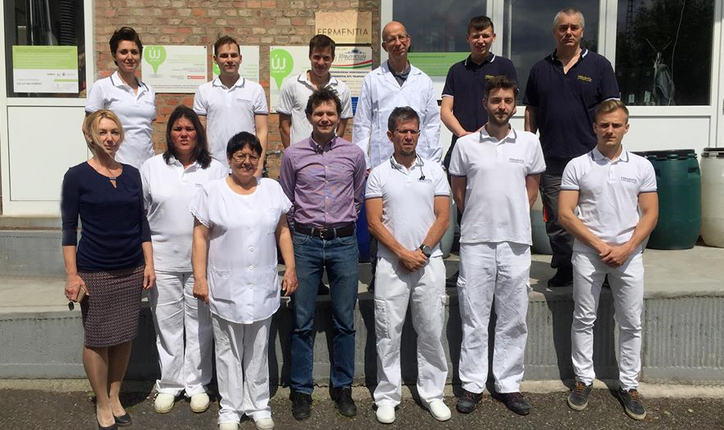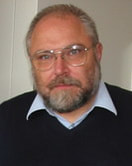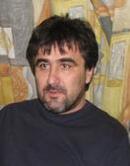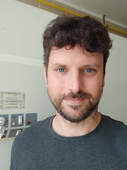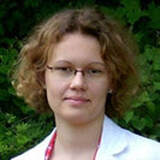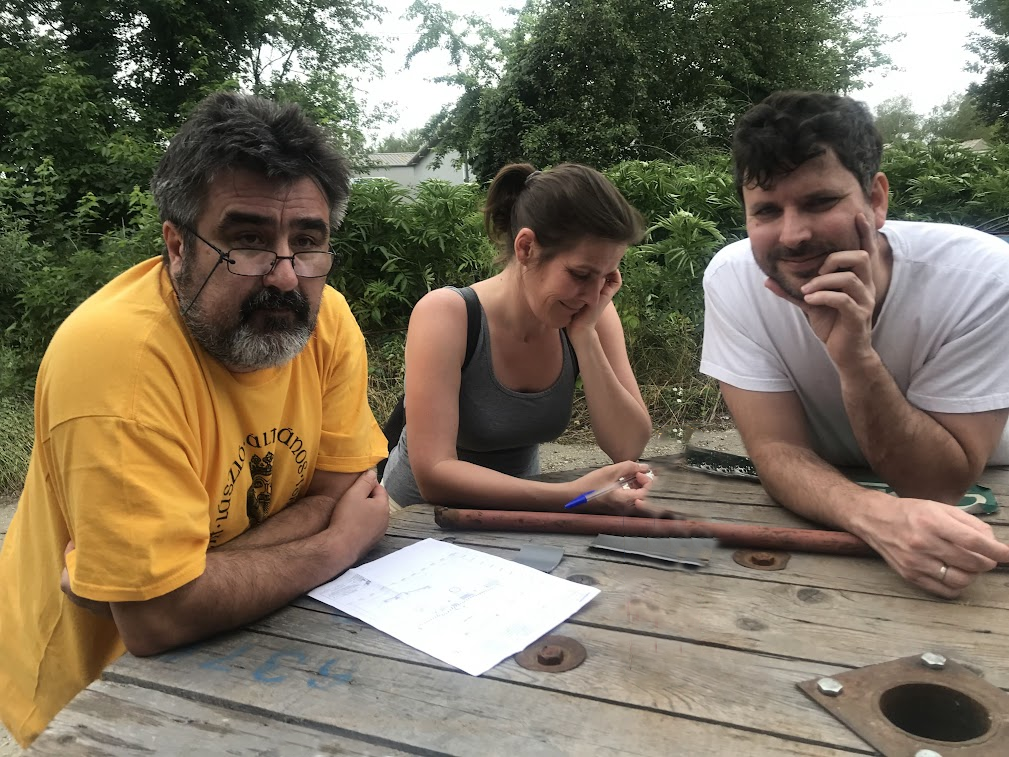This is an archived site. You can find our new website HERE.
The development of the bioaugmentation microbiological product line for bioremediation was a collaboration between
the Department of Microbiology, ELTE and the BIAU group of Fermentia Ltd.
The microbiological pre-experiments proposed for the use of microbiological inoculants and the technological-expert advice required for the treatment are also performed together.
The development of the bioaugmentation microbiological product line for bioremediation was a collaboration between
the Department of Microbiology, ELTE and the BIAU group of Fermentia Ltd.
The microbiological pre-experiments proposed for the use of microbiological inoculants and the technological-expert advice required for the treatment are also performed together.
|
Bódai Viktória, PhD
biomérnök She has been dealing with the isolation and testing of PGPR (plant growth-promoting rhizobacteria), as well as the development of soil inoculating and crop-enhancing microbial products (eg: Bactofil Cell: lignocellulose degrading bacterial soil inoculant; BioFil Alga: contains two algae and three PGPR species; Azoturbo: soil inoculant product containing various PGPR) since 2006.
Since 2013, she has been working on bacterial remediation of TCE, BTEX and PAHs. She has been the leader of three effective bacterial products. The products have already been available for on-site applications. She is the founder of WITARIA Culture Collection (WCC) microbial strain collection. WCC contains, among other microbes, bacteria that stimulate plant growth and microorganisms that can be used in remediation. |
Nagymáté Zsuzsanna, PhD
microbiologist Zsuzsanna Nagymáté graduated as biologist with specialisation in microbiology at the Faculty of Science of Eötvös Loránd University, where she also obtained PhD degree. She has research experience in microbial ecology, environmental microbiology and biotechnology including bioremediation of various hydrocarbon contamination, microbiology of soils, freshwaters, municipal and industrial wastewater and sewage sludge digesters. She is familiar with classical cultivation-based and cultivation-independent molecular biological methods.
|
Tamás Farkas
chemical engineer Studied biological membranes in the Biomolecular Self-assembly Research Group of the Research Centre for Natural Sciences, and at Gedeon Richter Plc.
He's been on the field of microbiology since 2017. At first, he optimized heterotrophic micro-algae fermentations, participated in the development of 'BioFil Alga' product, then he turned his attention to microorganisms that can be potentially used in bioremediation. Currently he's working on products capable of degrading BTEX and TPH. |
Péter Szijjártó
biochemical engineer Wrote his BSc thesis in the Genome Metabolism Research Group of the Research Centre for Natural Sciences, where he gained experience in recombinant protein production and purification.
Since 2021, he is a member of Fermentia Ltd's Bioaugmentation Team, where he actively participates in research and development work. He mainly works on analytical (GC-MS) support of fermentations and R&D projects. |
Fermentia Ltd's professional team provides support for large scale fermentations.
|
Balázs Erdélyi, PhD
Fermentia Microbiology Ltd. CEO Mobile: +36 30 350 2847 Phone: +36 1 369 6024 Email: [email protected] |
Our strategic partner is Department of Microbiology Eötvös Loránd University
|
Károly Márialigeti, PhD
|
Csaba Romsics, PhD
|
Gergely Krett, PhD
|
Laura Jurecska, PhD
|
